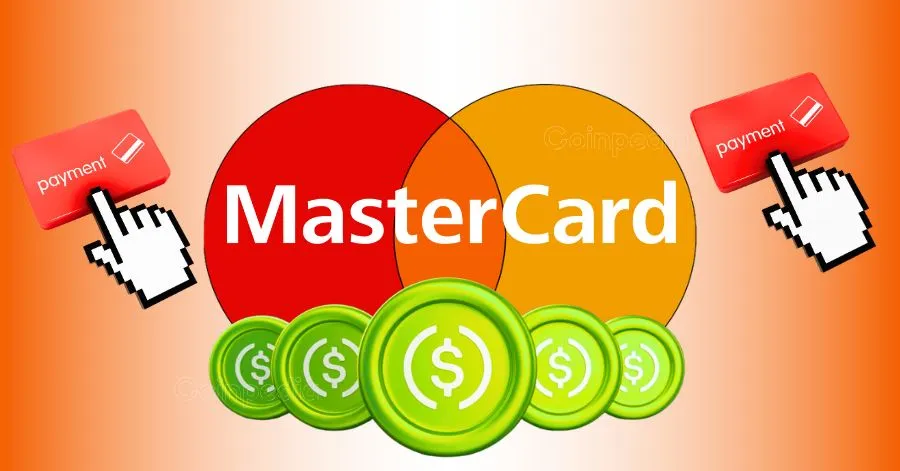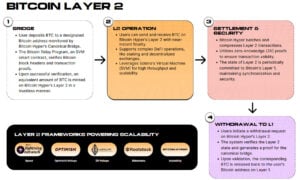BELLEVUE, WA – NOVEMBER 28: Microsoft CEO Satya Nadella smiles during the question and answer portion of the Microsoft Annual Shareholders Meeting at the Meydenbauer Center on November 28, 2018 in Bellevue, Washington. Microsoft recently surpassed Apple, Inc. to become the world’s most valuable publicly traded company. (Photo by Stephen Brashear/Getty Images)
Getty Images
Microsoft is talking about its future plans for Xbox, mostly without using the word “Xbox” at all. In a presentation by Microsoft head Satya Nadella, rather than Xbox head Phil Spencer, he talks about the future of Microsoft gaming, seemingly confirming a recent Windows Central report about future Xbox hardware being a console-PC hybrid. Here’s Nadella talking about their “true” competition:
“Gaming’s competition is not other gaming. Gaming’s competition is short-form video. We’re going to be everywhere, on every platform.”
Ex-PlayStation executive Shawn Layden said something similar about TikTok a while back, and while they’re wrong, they’re also not wrong. The enemy here is time. The free time of all potential gamers. That includes TikTok, sure, but every other social media app, every streaming service, hell, even after-school sports. But obviously, if you are someone interested in gaming and want to use your limited free to game, of course you are in competition with other gaming offerings. To say you aren’t is ridiculous.
Microsoft has been attempting to “put Xbox everywhere” the last couple years, making cloud gaming possible on most devices, and now taking its formerly exclusive IPs to rivals like PlayStation and Nintendo. But I don’t know how to square this idea of Nadella saying Xbox is competing with TikTok, while in the same breath talking about how they’re moving toward this Xbox-PC idea.
What this concept is supposedly going to be is a system that not only plays all your current Xbox games, but also allows for alternate storefronts to buy other games. Steam, for instance, would give you access to all those PC games, plus even PlayStation games ported to Steam. We do not know the price, but given that a 2 TB Xbox Series X is currently $800, it’s hard to see this existing for anything under $1000.
This idea is more or less selling a gaming PC with access to Xbox console purchases. This is a play for extremely hardcore gamers, offering hardware that pricey. But that group likely already own a PC, and they can use an Xbox controller if they want. Meanwhile, console gamers are not going to want to pay twice as much as they did for the Xbox Series X originally for this hybrid monster.
If Nadella is saying the idea of competing against TikTok is literally making thirty second gaming experiences, that would run counter to the entire industry, where “short” games are probably five hours at best. Core games are anywhere from 15 to 100 hours, if not more. So you’re talking about what, mobile games, chopped into bits? Good luck, and this is a wildly different market than anything Xbox has done to date, with zero experience in that space.
All of this is happening in an era where there is not some dramatic shift away from console games except for Microsoft hardware. PS5 has largely been outpacing PS4 in terms of sales. The Nintendo Switch 2 was the fastest-selling piece of gaming hardware ever. And on PC, Steam keeps setting user records every few months. In the wider industry, Roblox has more players than every game on Steam combined. Nadella is smugly saying he’s going to fix a problem that shows no real signs of existing to any meaningful extent.
I’m not sure the Xbox brand will even exist in this coming era, and its hardware plans, like this extremely expensive quasi-PC, don’t sound like something that would reverse Xbox’s hardware sales failures the past few years. The idea of putting its games everywhere only boosts competitors like Sony, and it is reaching ceilings very quickly on its beloved Game Pass, desperate to extract more money from it by hiking prices a full 50% this month.
And all of this competes with TikTok how, exactly? You tell me, because Satya Nadella sure isn’t making it clear.
Follow me on Twitter, YouTube, and Instagram.
Pick up my sci-fi novels the Herokiller series and The Earthborn Trilogy.
Source: https://www.forbes.com/sites/paultassi/2025/10/29/satya-nadellas-plan-to-take-on-tiktok-with-xbox-makes-no-sense/


